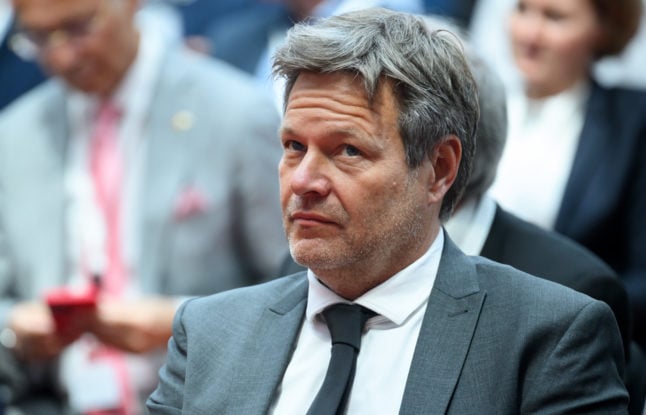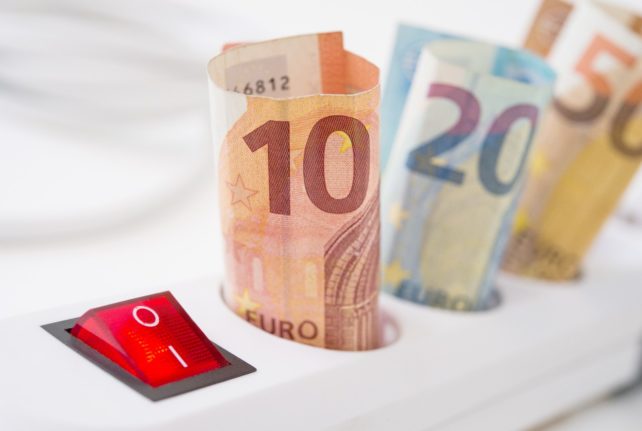Germany would “not allow system effects” to ripple through the gas market, where the failure of one company could lead others to go under as well, Economy Minister Robert Habeck told reporters.
The emergency legislation will “facilitate” stabilisation measures for energy companies, including the possibility of the government becoming a shareholder, the ministry said.
German energy company Uniper, one of the biggest importers of Russian gas, entered into talks with Berlin over a possible rescue plan last week.
A 60-percent reduction in gas supplies via the Nord Stream pipeline from Russia in mid-June forced Uniper to pay higher prices for alternative supplies on the spot market.
Unable to pass the cost on, the gas squeeze left Uniper with “significant financial burdens”.
READ ALSO: ‘Scarce commodity’: Germany raises gas alert level as Russia reduces supplies
Bailout options under discussion included extending further credit lines from the public lender KfW or an equity investment in Uniper, the group said.
Officials estimate a rescue package for the struggling energy group could cost around €9 billion, according to Bloomberg News.
Germany has criticised Gazprom’s “political” decision to limit supplies, which the Russian energy company blames on a delayed repairs.
Following the move, Berlin raised the alert level under its emergency gas plan, bringing it a step closer to rationing the fuel.
The government has mandated for its gas storage facilities to be 90 percent full by the beginning of December.
In June, Berlin also bailed out Russian energy giant Gazprom’s former subsidiary in Germany with between nine and 10 billion euros worth of loans after it had been placed under state control.
Securing Energy for Europe, as the company was renamed, is a network operator, and indirectly controls Germany’s largest but largely empty gas storage facility in the northwestern town of Rehden.



 Please whitelist us to continue reading.
Please whitelist us to continue reading.
There’s surely something to be said about bailing out multi million Euro companies whilst at the same times cutting unemployment benefits. But I can’t think of anything….
FYI Uniper last paid a dividend in May. 7 cents per share to 365.9 million shares.